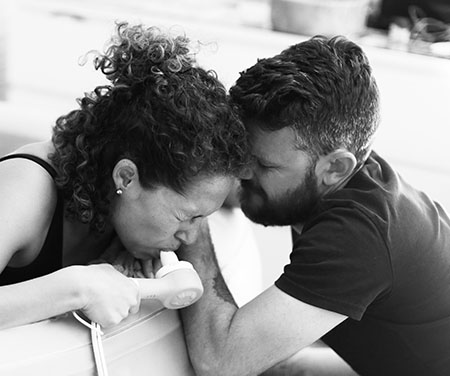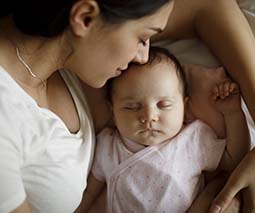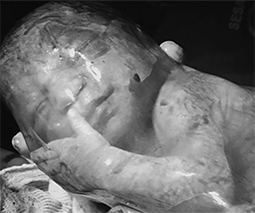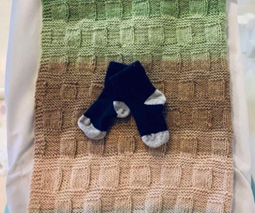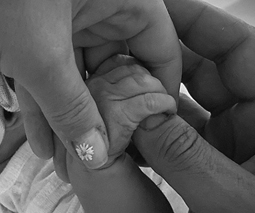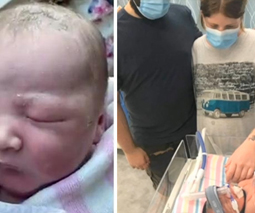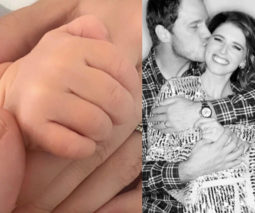Study finds many mums feel ‘mistreated’ in pregnancy and childbirth
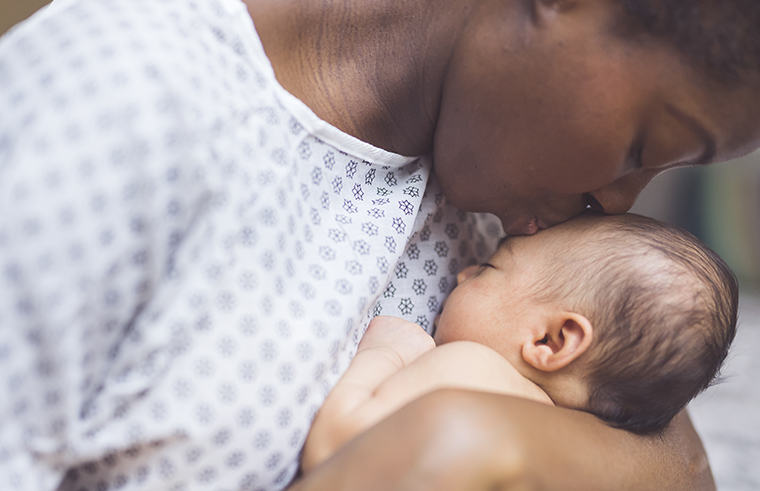
There is no doubt that pregnancy and childbirth transform women’s lives, but sometimes those shifts are made more difficult by the negative experiences women endure at this important time.
Ignored, scolded, threatened
A recent study has found that a tick over 17 percent of women reported that they felt ‘mistreated’ or even ‘threatened’ during their pregnancy or birth.
The Giving Voice to Mothers study looked at inequity and mistreatment during pregnancy and childbirth in the United States.
The study authors spoke to 2,138 women and they were surveyed on whether they had encountered what they deemed verbal or physical abuse, loss of autonomy, discrimination, failure to meet professional standards of care, poor rapport with providers, and/or poor conditions in the health system.
One in six women reported that they’d experienced loss of autonomy; being shouted at, scolded, or threatened; and/or being ignored, refused, or receiving no response to requests for help.
Experiences of mistreatment differed significantly depending on where women gave birth, the researchers said, with 5.1 percent of women who gave birth at home reporting issues with their care versus 28.1 percent of women who gave birth at the hospital.”
“Factors associated with a lower likelihood of mistreatment included having a vaginal birth, a community birth, a midwife, and being white, multiparous, and older than 30 years,” the study reports.
“Our findings suggest that mistreatment is experienced more frequently by women of colour, when birth occurs in hospitals, and among those with social, economic or health challenges. Mistreatment is exacerbated by unexpected obstetric interventions, and by patient-provider disagreements.”
What’s the local story?
This survey is focused on the US, so of course, it doesn’t tell us whether Australian mums have felt similarly during their pregnancy and childbirth. We do know that many women in Australia spend time recovering from birth trauma.
Most of the larger studies done here seem to centre around the physical experience of pregnancy, how the baby was delivered, and the baby’s health postpartum.
We definitely need to delve deeper into how mums feel, and whether they are being cared for in ways that reassure and inform them.
We’d love to hear from you on this – pop over to the Babyology Facebook page and share your thoughts.
